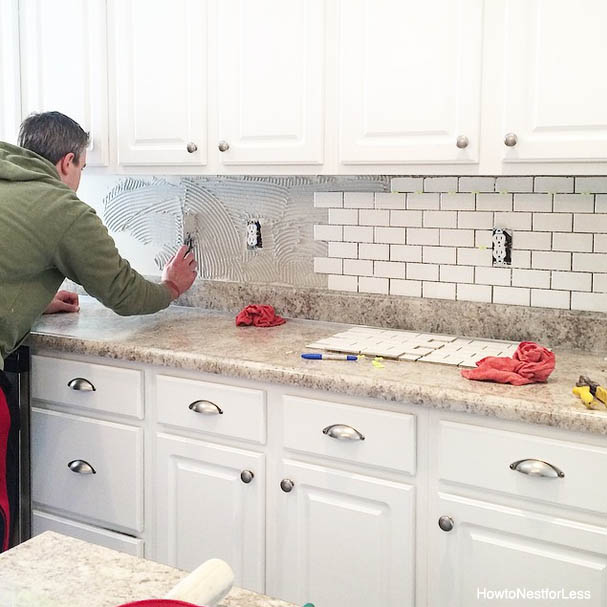Keep Calm and Stay Home

For many, that popular buzz phrase can be changed around to fit the current situation! If you’re suddenly working from home and have kids doing their schooling long-distance, it could be a challenge getting into a routine and staying put. How can we keep cabin fever away? Follow these tips so you can keep calm and carry on:
-
Following a general routine is best for good mental health, especially with children in the home. Have a set time to wake up, have meals, etc., because it takes away any what-comes-next anxiety.
-
Working in your yard or garden can be great therapy, believe it or not. The physical activity increases your mood, too, and getting the kids involved helps them as well.
-
Clean house! A cluttered, dirty home can affect your mood, so put on some upbeat music, grab the dust mop, and get to work!
-
When you dread doing something, the best stress-reliever is getting it over with. So, if a junky closet or pantry has you in stress-mode, dive in, clean it up and get it organized.
-
Keep in (distant) touch: don’t neglect relationships just because you can’t physically be together. Instead of texting, give friends and family a call and talk for a few minutes.
-
Add a long bath to your schedule! Soak your cares away in a leisurely bath, complete with those bath salts and soaks that have been sitting at the back of your bathroom closet since the holidays.
-
Laugh! Stream-watch your favorite comedy shows or play a fun game with the kids.
Remember--if you aren’t required by any government entity to isolate yourself, this isn’t a period of solitary confinement. Get out--keeping your distance--walk the dog, ride bikes or just play outside with the kids, shop for necessities only, and talk on the phone with friends and family. Taking care of you and yours, physically as well as mentally, is the best peace of mind anyone can have.
Courtesy of New Castle County DE Realtors Tucker Robbins and Carol Arnott Robbins.
Photo credit: teepublic














